Why Visual-Only Balcony Inspections May Cost You More in the Long Run
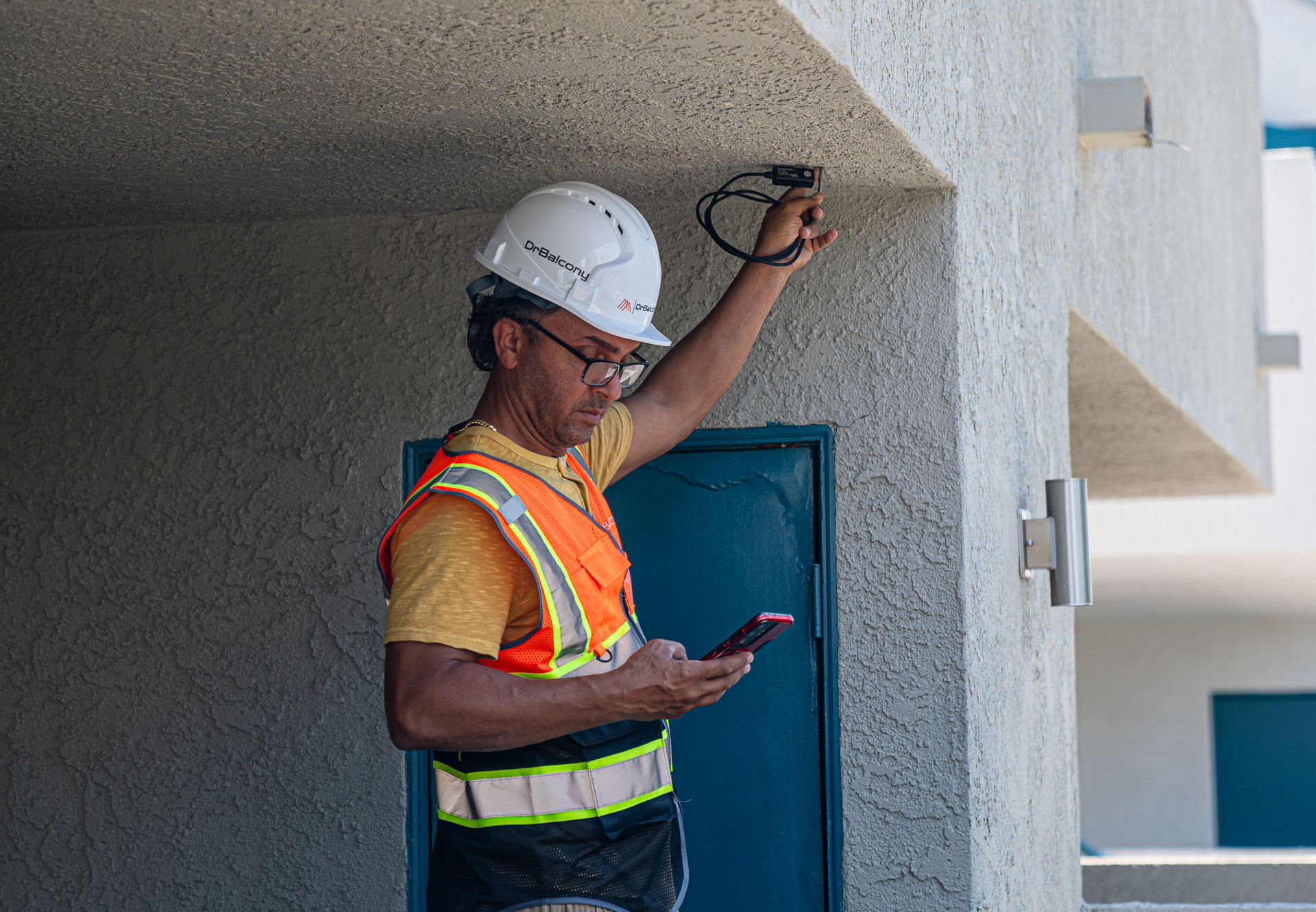
The risks of visual-only balcony inspections and why a more thorough, minimally invasive approach—like the one DrBalcony uses—can save property owners time, money, and headaches in the long run.
Compliance with Balcony Inspection Laws, Height Limitations, and Rail Standards
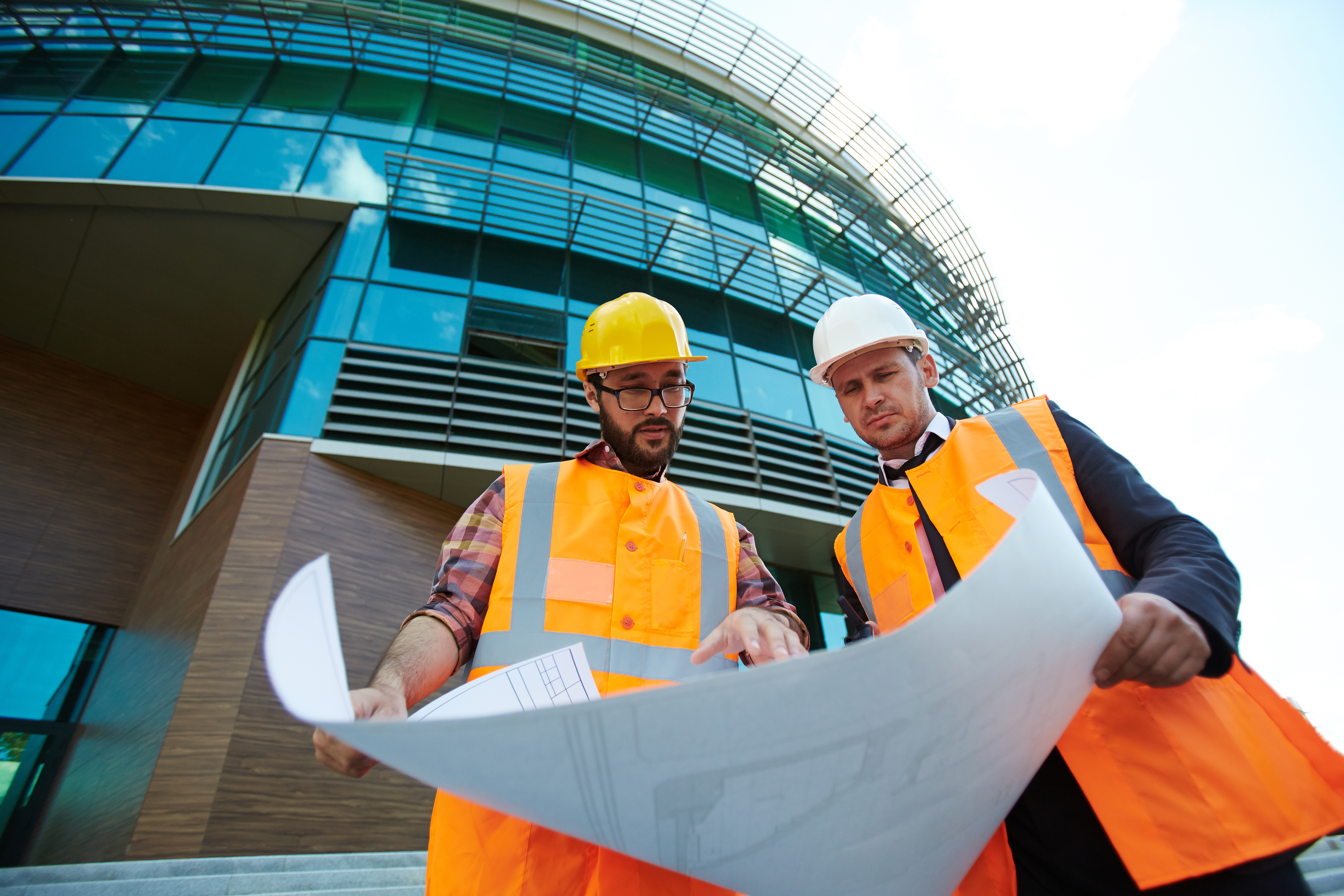
Balcony safety in California: Height limits, rail standards, and inspection requirements. Stay compliant and avoid risks. Contact DrBalcony today.
What is a Joist? Understanding Its Role in Balcony Inspections

Learn what a joist is and why its condition is crucial during balcony inspections. Discover how engineers assess joists to ensure structural integrity and compliance with SB 326 and SB 721 regulations in California.
SB 326 Requirements for Balcony Inspections in California
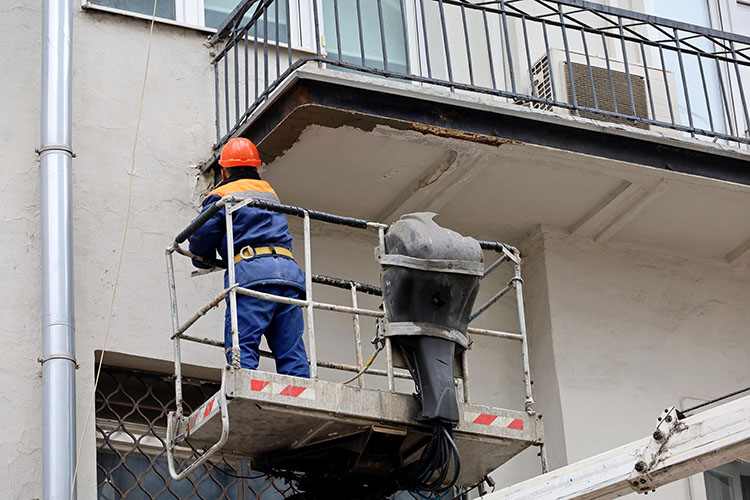
Discover the essential requirements of California’s SB 326, also known as the “Balcony Inspection Law,” and gain valuable insights into the importance of regular balcony inspections for building safety. Learn about the inspection process, compliance, and resources for property owners. Stay informed and ensure the structural integrity of your property’s exterior elevated elements
SB 721 Deadlines: Can You Get an Extension?
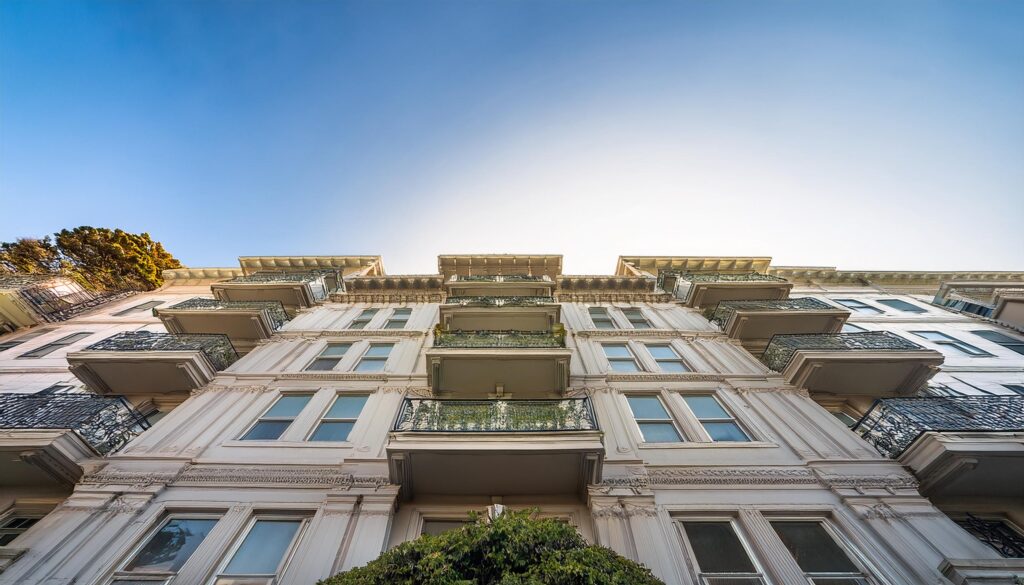
Is the SB 721 balcony inspection deadline approaching, and you’re not ready? Find out if extensions are possible, the qualifying circumstances, and how to navigate the process in California.
Top 5 Common Problems Uncovered in Section 604 Inspections
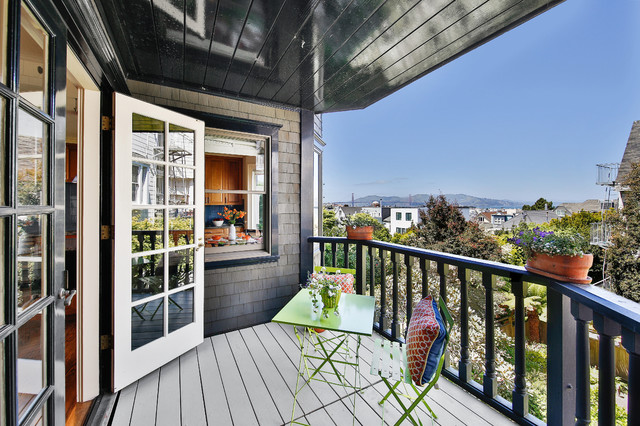
Discover the top 5 common issues uncovered in Section 604 inspections for San Francisco balconies, from structural damage to water-related wear. Learn how regular inspections protect tenant safety and prevent costly repairs. Stay compliant and safeguard your property.
Get Ready! Steps to Take Before Your Balcony Inspection
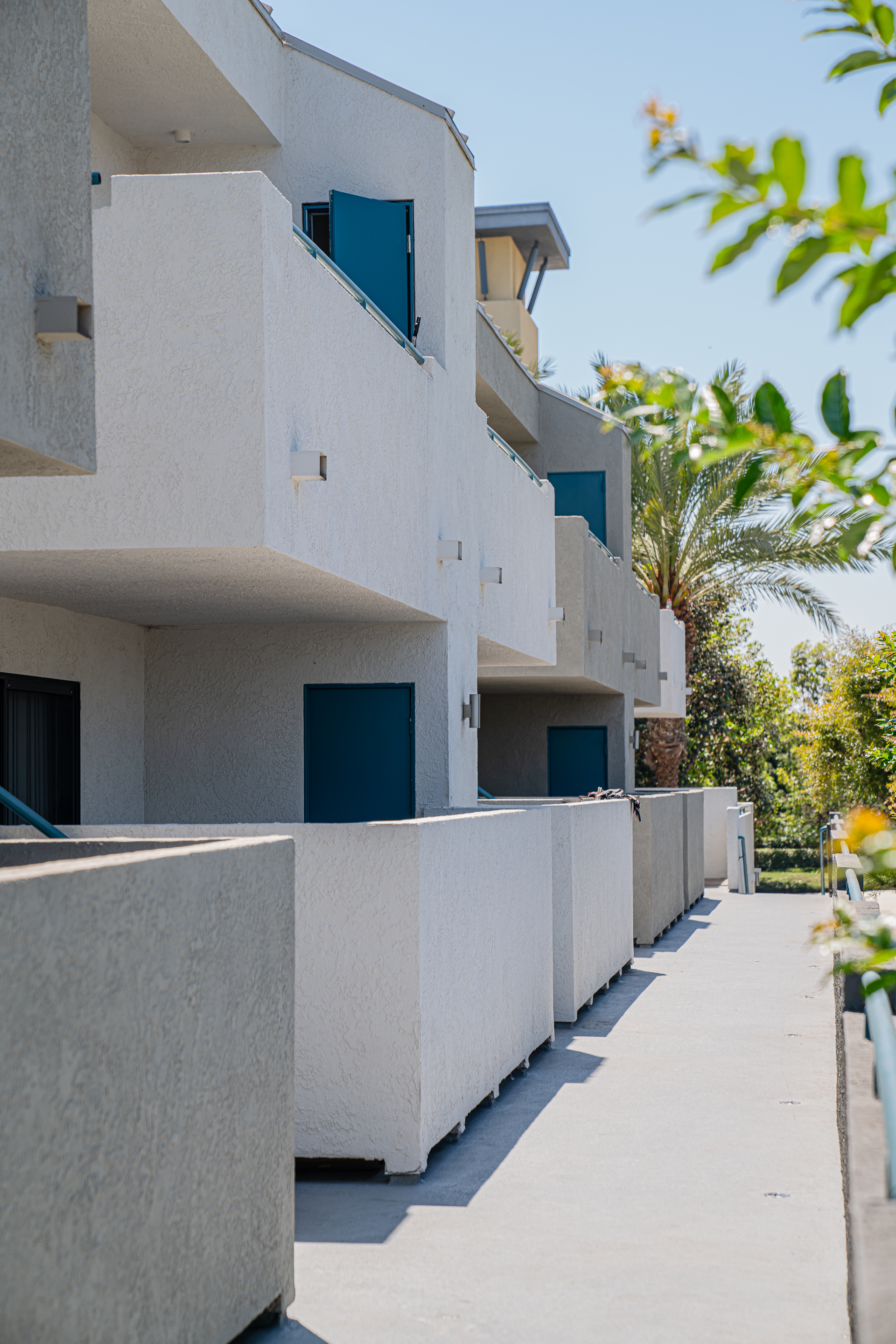
Prepare for your upcoming balcony inspection with essential steps to ensure a thorough evaluation. Learn about California’s SB 326 and SB 721 regulations, what documentation to gather, and key maintenance tasks to complete before your inspection. Safeguard your property and enhance safety today!
How to Get Your Building Ready: Your Checklist for a Successful Section 604 Inspection

Preparing for a Section 604 inspection can feel overwhelming, but with the right checklist and approach, you can make the process smoother, more efficient, and potentially less costly. This guide will walk you through the essential steps to prepare your building for a successful Section 604 inspection.
Balcony Inspection Neglect: What Could Go Wrong?
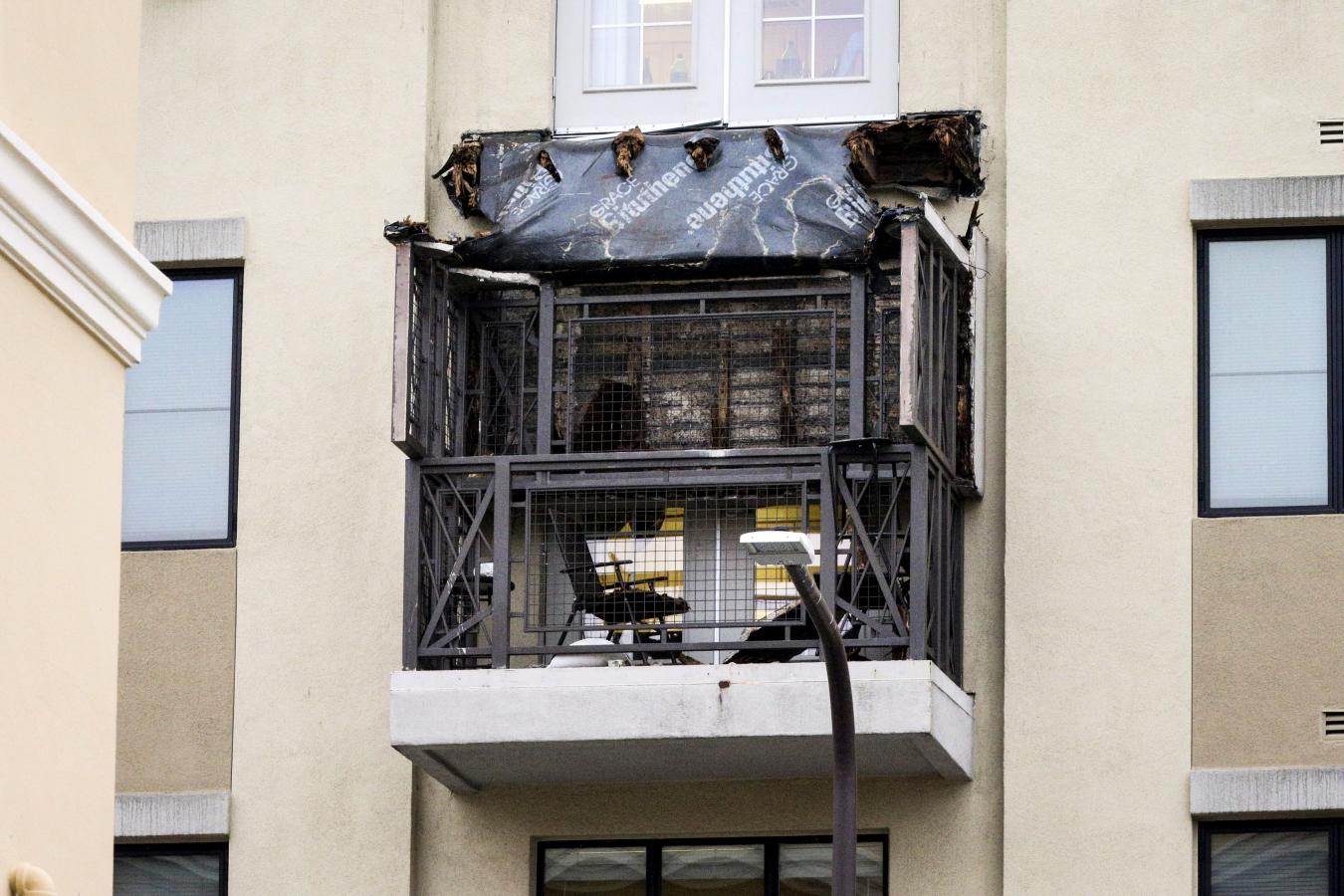
In this blog post, we will explore essential tips to help you prepare your balcony for the winter season, with a focus on California regulations, balcony inspections, and safety measures.
Which Law Impacts You? SB 326 vs. Section 604 for San Francisco Buildings

Confused about SB 326 vs. Section 604? Discover the key differences and compliance requirements for San Francisco property owners. Learn which law applies to your building, inspection schedules, and how to ensure safety and avoid penalties.
